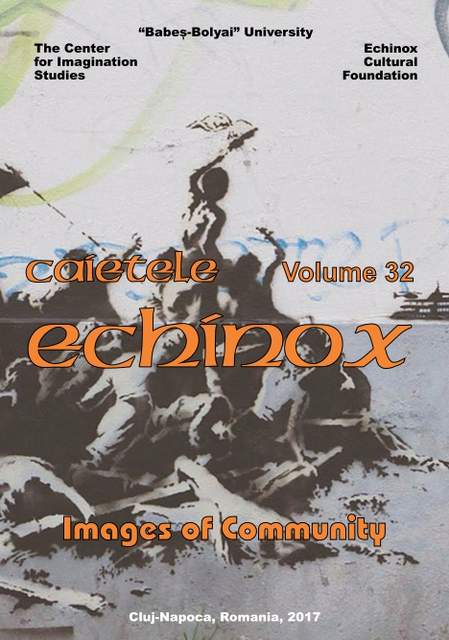Deterritorialized Cinema, Dislocated Spaces and Disembodied Characters in Bogdan Mirică’s Câini
Deterritorialized Cinema, Dislocated Spaces and Disembodied Characters in Bogdan Mirică’s Câini
Author(s): Doru PopSubject(s): Political Theory, Film / Cinema / Cinematography
Published by: Universitatea Babeş-Bolyai
Keywords: Romanian cinema; national identity; Bogdan Mirică; post-national cinema; thriller and western genres; Deleuze and Guattari; deterritorialization; reterritorialization.
Summary/Abstract: The main assumption of this paper is that the Romanian film industry and the film directors themselves are going through a process of aesthetic and narrative transformation, mostly due to the impact of post-national cinema making practices. Some of the recent works in the contemporary Romanian filmmaking are following the logic of another stylistic, that of a delocalized cinema, a cinema that is both deterritorialized and non-specific nationally. This is explicit in the way the directors are defining the national space, the territorial identity and, finally, the way in which they project social and collective representations. Using as a case study Bogdan Mirică’s first feature film, Câini (Dogs, 2016), the author argues that his cinematic practices indicate a conscious abandoning of the national specificity. Using the concepts of territorialization and deterritorialization used by Deleuze and Guattari, the author reaches to the conclusion is that we are witnessing the manifestations of a glocal cinema, one in which transnational genres and narratives are placed in local environments, which end up by creating a new and reterritorialized reality.
Journal: Caietele Echinox
- Issue Year: 2017
- Issue No: 32
- Page Range: 252-266
- Page Count: 15
- Language: English
- Content File-PDF

